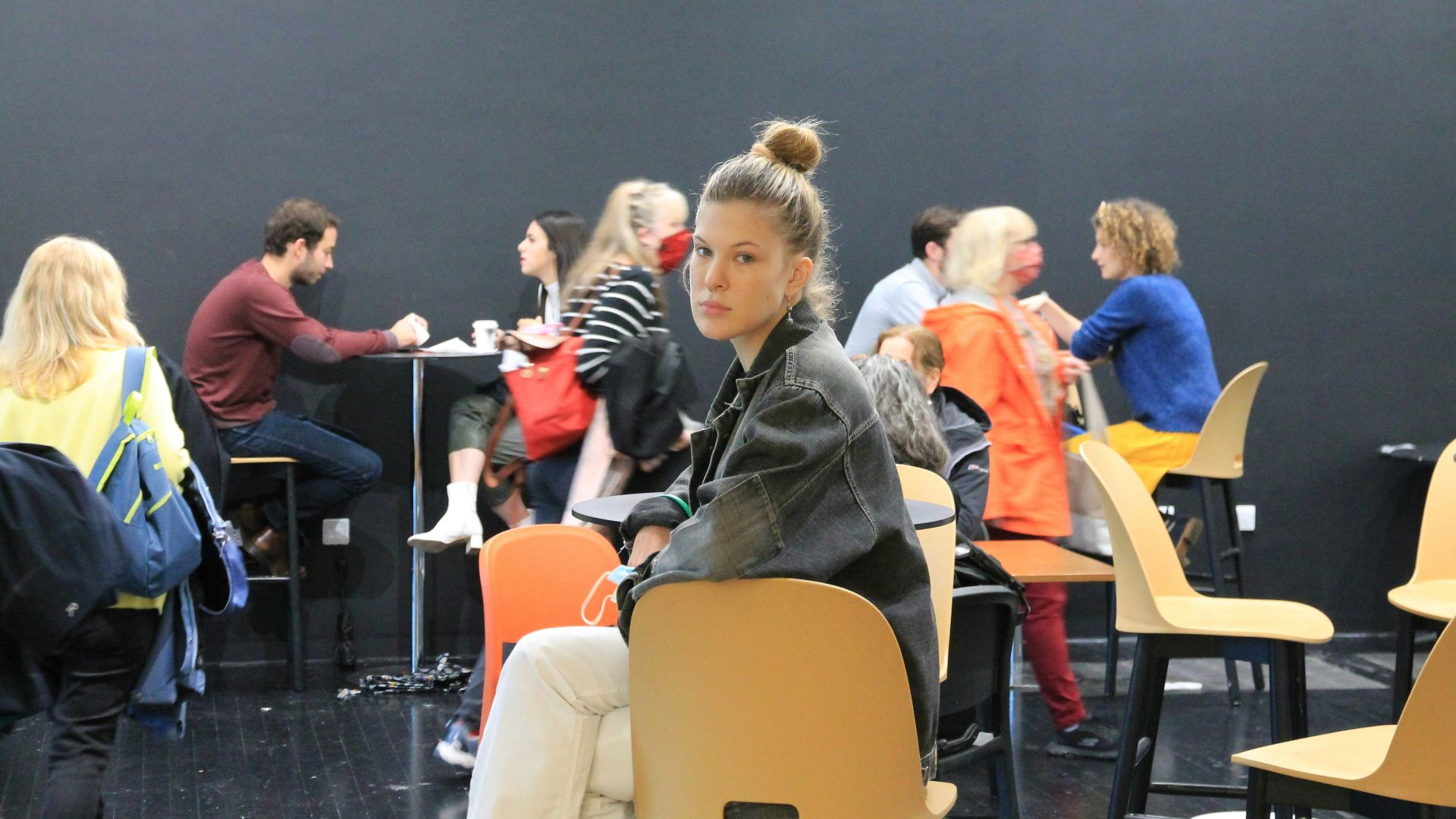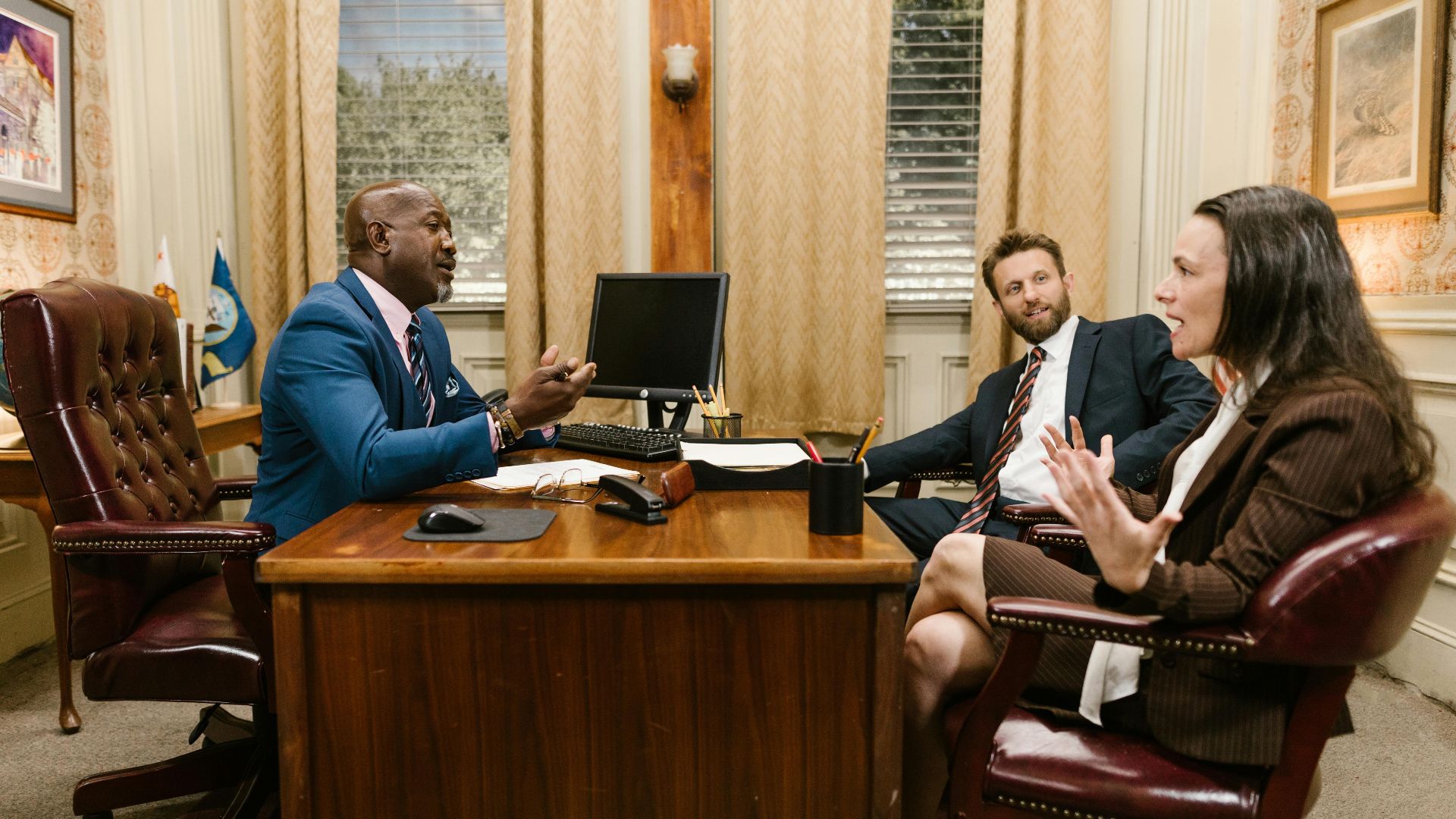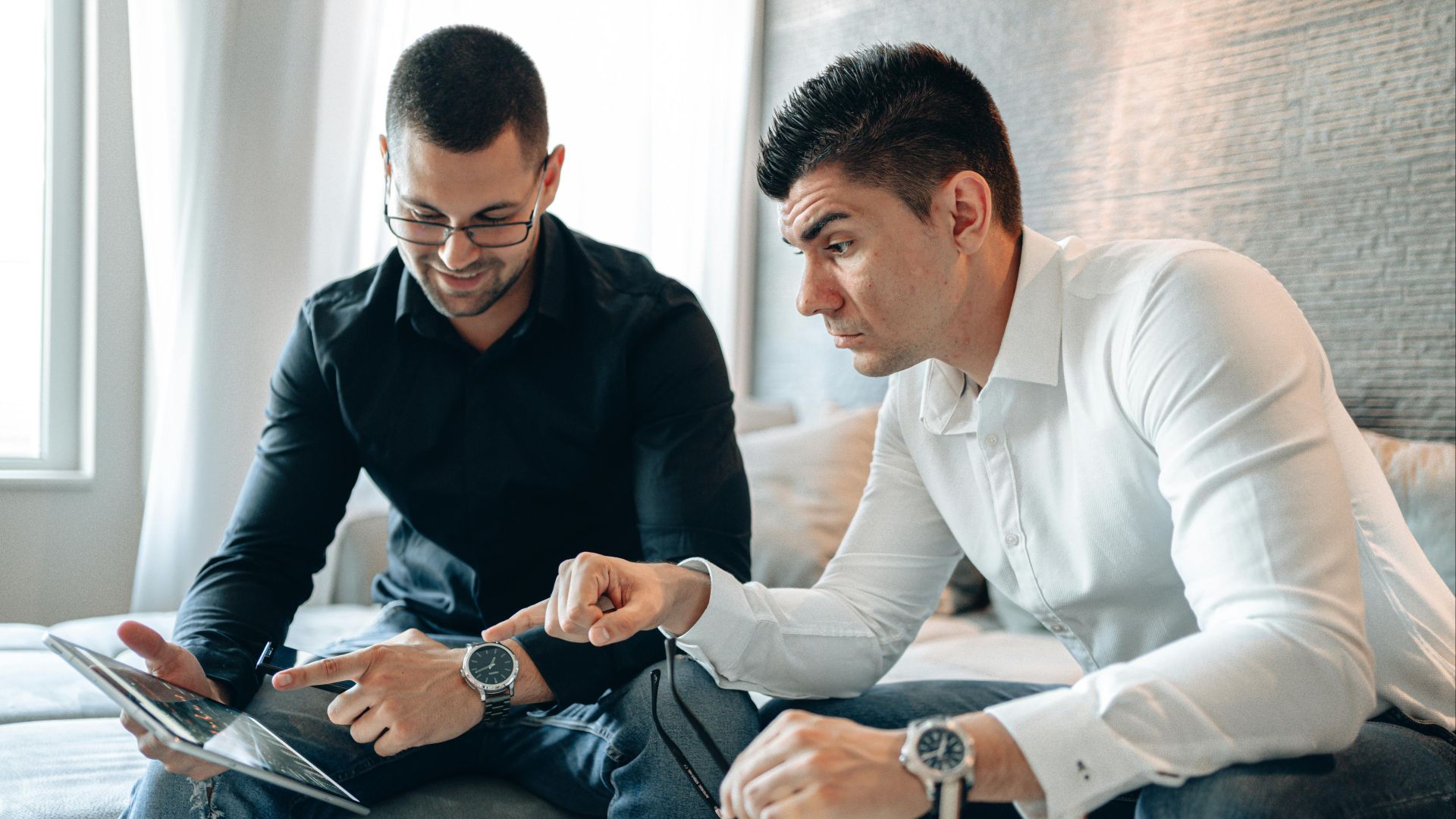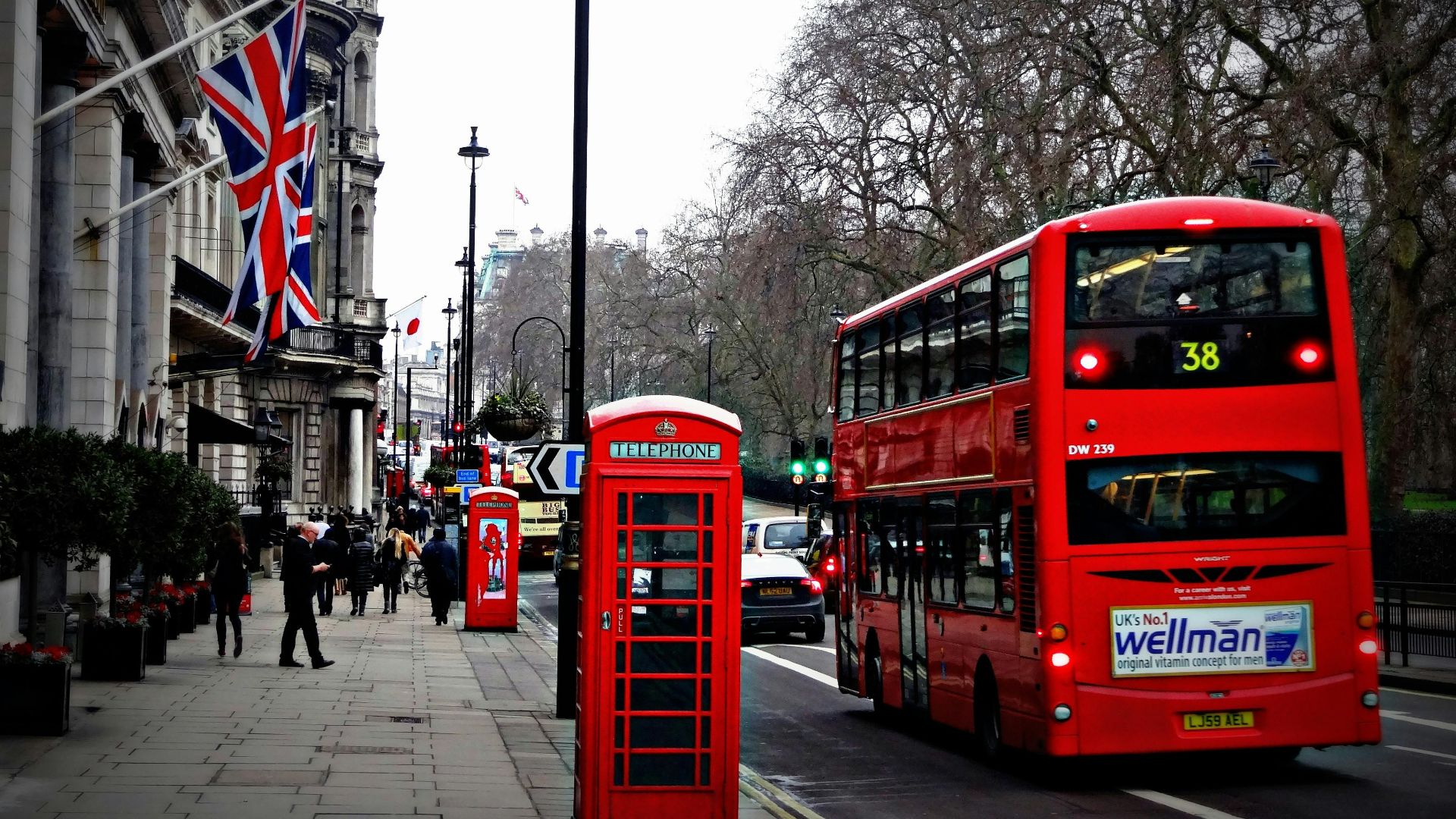Your Boss Is Spying On You At Lunch. What Can You Do?
Finding out your boss is “in disguise” at lunch and critiquing what you say isn’t quirky leadership—it’s creepy. It can also raise legal flags about surveillance, retaliation, and interference with rights to discuss work conditions. Let’s break down what’s likely going on, what’s unlawful, and how to protect yourself (and your coworkers) pragmatically.

What’s The Core Problem Here?
Two issues jump out: (1) covert monitoring on breaks, and (2) using the intel to police what employees say about work. U.S. labor law generally protects employees who talk with coworkers about pay, hours, safety, and other work conditions—even off the clock or on breaks. If your boss is monitoring and then scolding you for those conversations, that can be unlawful interference.
Your Right To Talk About Work On Breaks
Under Section 7 of the National Labor Relations Act (NLRA), most private-sector employees (union or not) have the right to engage in “concerted activities” about wages, hours, and working conditions. Employers can’t interfere, restrain, or coerce you for doing so. Lunchrooms and break areas are typically considered non-work areas where such conversations are protected.
Surveillance Can Cross A Legal Line
The NLRB has repeatedly warned employers about real or perceived surveillance of protected activity. Even creating the impression that management is secretly watching can chill your rights and lead to unfair labor practice charges. A disguised boss lurking near your table and later critiquing your comments may look a lot like “impression of surveillance.”
“But We’re Just At Lunch—Does That Matter?”
Yes. Breaks are generally “non-work time.” Longstanding NLRB guidance says employers cannot prohibit protected discussions during non-work time and in non-work areas (like the cafeteria or break room). Policies that try to shut down those conversations are commonly unlawful.
If He’s Targeting Protected Topics, That’s Worse
If the critiques punish or deter talk about pay, scheduling, staffing, safety, or organizing, that’s classic protected concerted activity. The NLRB has expanded what counts as protected concerted activity, emphasizing broad coverage for employee efforts to improve conditions.
Harassment And Hostility Also Matter
Separate from labor law, repeated spying and singling people out can contribute to a hostile work environment—especially if comments are tied to protected characteristics (sex, race, religion, etc.). The EEOC says harassment is unlawful when it’s severe or pervasive enough to create an abusive environment or becomes a condition of employment. Document patterns.
Retaliation Is Illegal
If you complain to HR or a government agency about discrimination or harassment, punishing you for that is unlawful retaliation. The EEOC specifically protects employees who raise concerns or participate in investigations. Keep records of any negative changes that follow a complaint.
What If Lunch Is Off-Site And Off The Clock?
If you’re at a public restaurant, you generally have less “privacy” legally—anyone can sit nearby. But the issue isn’t privacy alone; it’s what your boss does with the information. If he uses it to discipline or intimidate you for protected discussions, the NLRA concerns still apply. (Privacy and recording laws vary widely by state; covert audio recording can trigger federal/state wiretap issues, but passive eavesdropping without devices is different.)
Is Covert Recording A Thing Here?
You didn’t mention recording, but if the boss is secretly recording speech, that’s a different—and often riskier—legal problem that can implicate federal and state consent laws or company policies. Many companies ban any audio recording at work without permission. If you suspect recording, note specifics and talk to counsel or a government agency before confronting.
Check Your Handbook—But Know Its Limits
Some employers publish broad “monitoring” statements, yet even robust policies don’t override labor rights. While employers can set reasonable rules (e.g., no disruption during working time), they can’t ban protected concerted activity or create a climate of surveillance that chills it.
Document Everything (Discreetly)
Start a contemporaneous log: dates, times, who was there, what was said, where you were (on-site cafeteria vs. public place), and exactly how your boss later referenced the conversation. Capture screenshots or emails showing critiques tied to lunch-chat topics (pay, hours, safety, scheduling). Well-kept records help immensely if you report internally or externally.
Raise It Internally—Smartly
If it feels safe, submit a factual complaint to HR: describe the “disguise” and post-lunch critiques, why it’s chilling lawful discussions, and how it’s affecting morale. Ask HR to stop covert observation of breaks and to clarify that discussing pay and workplace conditions on non-work time is allowed. Many employers are advised to avoid surveillance that chills Section 7 rights.
Escalate Externally If Needed
If HR shrugs or you face blowback, you can file an unfair labor practice charge with the NLRB over interference or surveillance of protected concerted activity. If any conduct involves harassment tied to protected characteristics or retaliation for reporting, you can file with the EEOC. You don’t need a union to seek NLRB help.
Expect Pushback—Here’s Why You’re Still Covered
Employers sometimes argue “we monitor for safety” or “we always watch the cafeteria.” Courts sometimes defer to consistent, neutral monitoring (e.g., fixed cameras for safety), but hidden, targeted spying that’s used to chill protected talk is a different story. Even the appearance of monitoring protected activity can be enough for a violation.
Not In The U.S.? Quick Note For UK Readers
UK law generally requires transparency, necessity, and proportionality in employee monitoring, and data protection rules apply. Covert monitoring is heavily disfavored except in rare, justified cases. If surveillance chills pay discussions, remember that UK law also protects pay transparency to combat discrimination. Start with your policy and raise concerns internally.
Scripts You Can Use
Try: “I’m concerned that management is covertly observing our lunch conversations and then critiquing us based on what we discuss about wages and schedules. That chills our right to discuss working conditions on non-work time. Please confirm that the company will cease this practice and reaffirm our rights.” Keep it factual and avoid personal attacks; your log does the heavy lifting.
Safety And Group Strategy
Don’t go it alone. A few coworkers can jointly raise the concern (that’s “concerted” by definition). Decide in advance what outcome you want (e.g., stop the spying, training for managers, a memo clarifying rights). If anyone starts getting singled out afterward, note the timing—retaliation patterns matter.
When To Get A Lawyer
Consult an employment attorney (or a workers’ rights clinic) if: (1) HR ignores you, (2) you’re disciplined for lunch conversations, (3) you suspect covert recording, or (4) the conduct involves harassment based on protected traits. An attorney can advise on NLRB/EEOC filings and any state privacy angles. (Numerous recent advisories flag surveillance practices as a legal hot zone.)
Bottom Line: Yes, You Can Report This—And You Should
Your boss’s cosplay surveillance isn’t just awkward; it may unlawfully interfere with your rights to talk about work on your own time and could contribute to a hostile environment. Document, raise it with HR, and, if necessary, go to the NLRB or EEOC. You deserve a lunch break that’s actually a break—not an episode of “Undercover Boss: Petty Edition.”
You May Also Like:
Vintage Bicycles Collectors Will Pay Big Bucks For


























